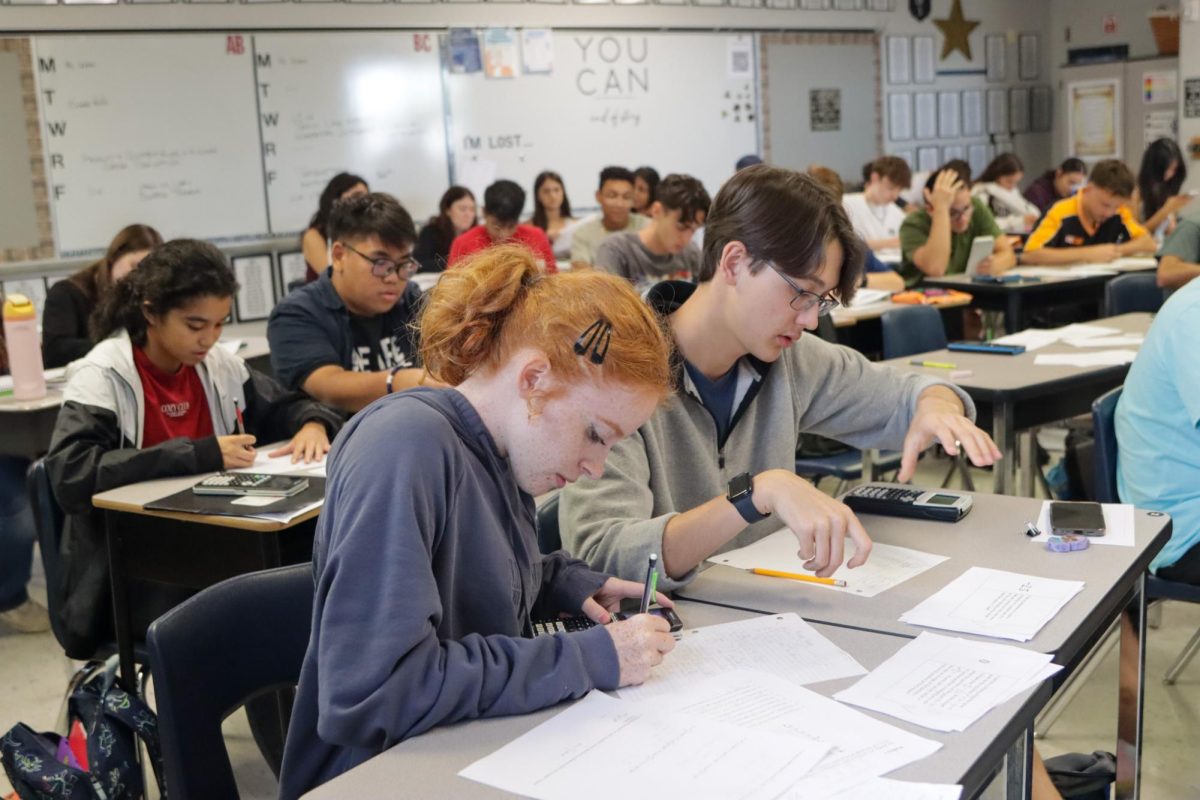
On the first day of school, Broward County students came across a singular metal detector at the entrance of their schools. It took three hours for all students to be let in.
In Volusia County, superintendents encouraged students to be designated guards for hallways and expose them to potential lines of fire.
Seminole County has keycard access but only for certain schools.
HB 1473 was passed in early July as one of many bills headed by Marjory Stoneman Douglas High School Public Safety Commission. The bill created new safety guidelines that included locking all outdoor entryways to school, keeping hallways locked at all times and replacing the 12-hour diversity training to a de-escalation training. While the law’s safety requirements provide an extra layer of protection, the implementation process has created many problems throughout Florida schools.
The law required implementation to start July 1, 2024, and for all schools to comply with the safety processes by August 1. Considering the short time frame for enforcement, schools expected greater guidance–to no avail. The law failed to fully outline how each county should implement the new security requirements and what strategies would be used to transition into the new school year. Interpreting the policy of locked doors on points of “ingress” and “egress” on campus was an especially difficult concern left up to the counties to sort out.
Schools like those at Broward County interpreted these points as the doors that face the outside of campus only, but for Seminole County, these points include entrances to buildings from inside the courtyard of the school. Trying to decipher what lawmakers meant by these routes is already a timely process, not to mention designing a feasible strategy to implement the changes.
It would be understandable if the law asked for a full implementation a month after HB 1473 was passed if there was a concrete definition for these entrance routes and enough in-school time to pilot a successful program for implementation. However, it was not done this way–schools were simply asked to comply with the requirements without having students try out the new security processes until the upcoming year.
This is not the only hurdle schools have to face—budgeting ultimately decides what works. In Orange County, the OPENGATE pilot program designed to enhance security screening was scrapped due to cost from both the $475,000 equipment and the excessive labor required to operate the machines. A similar budgeting problem is happening in Seminole County: although Hagerty was lucky enough to receive funds for student keycards, most schools were left without unlocking mechanisms.
The law was passed with a legitimate goal in mind: adding protection for students, but there are too many issues that need to be resolved for the security additions to be efficient. For now, we should just be glad that our problems are much smaller than most students around the state and that Hagerty’s safety changes have been relatively trouble-free.












